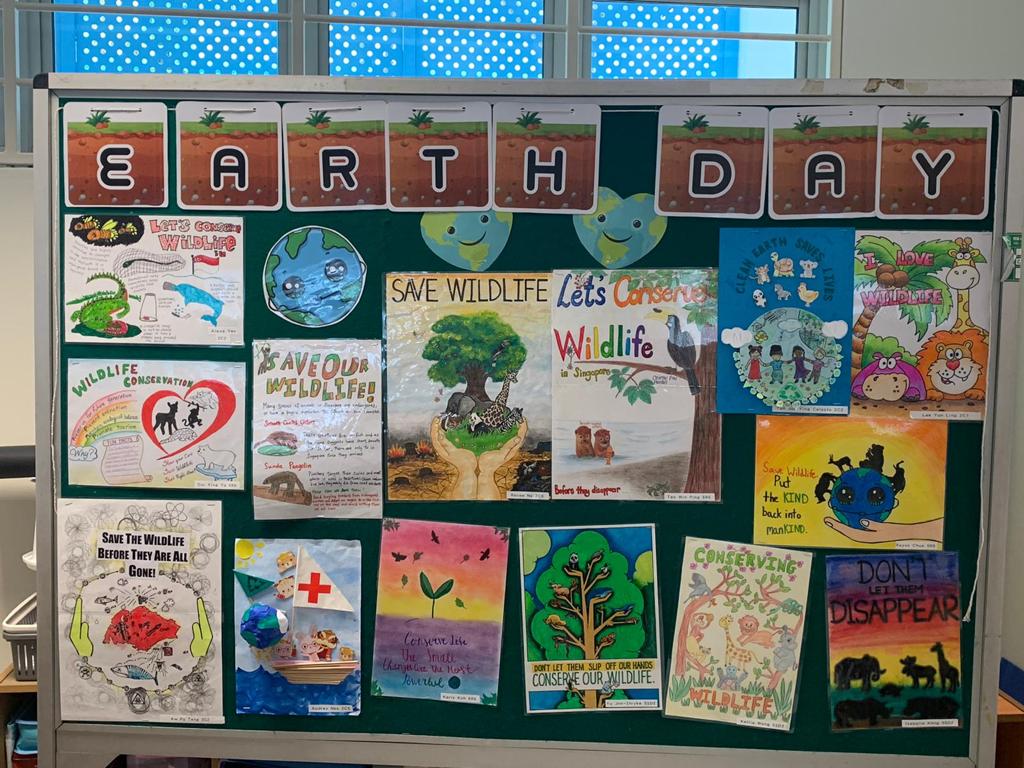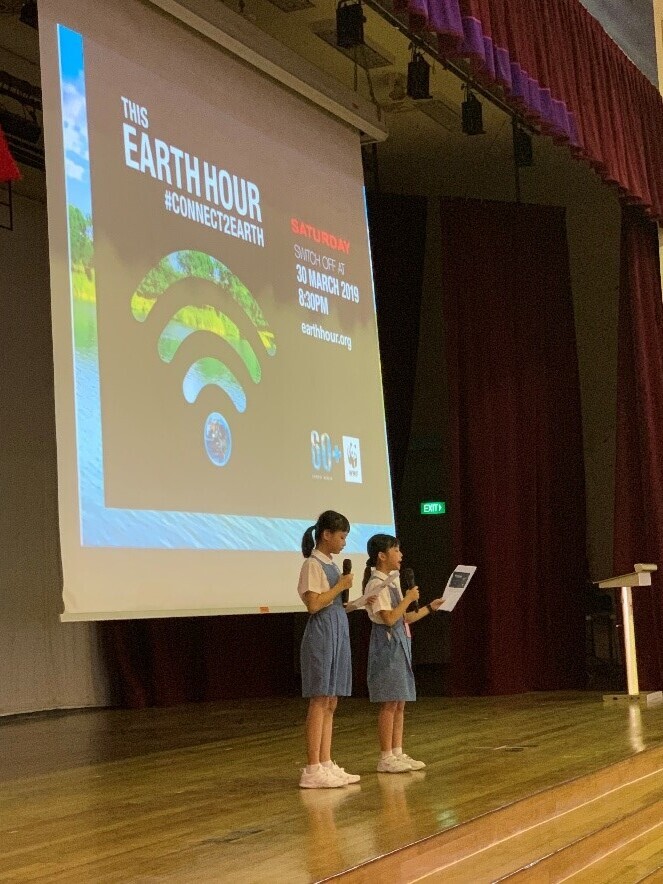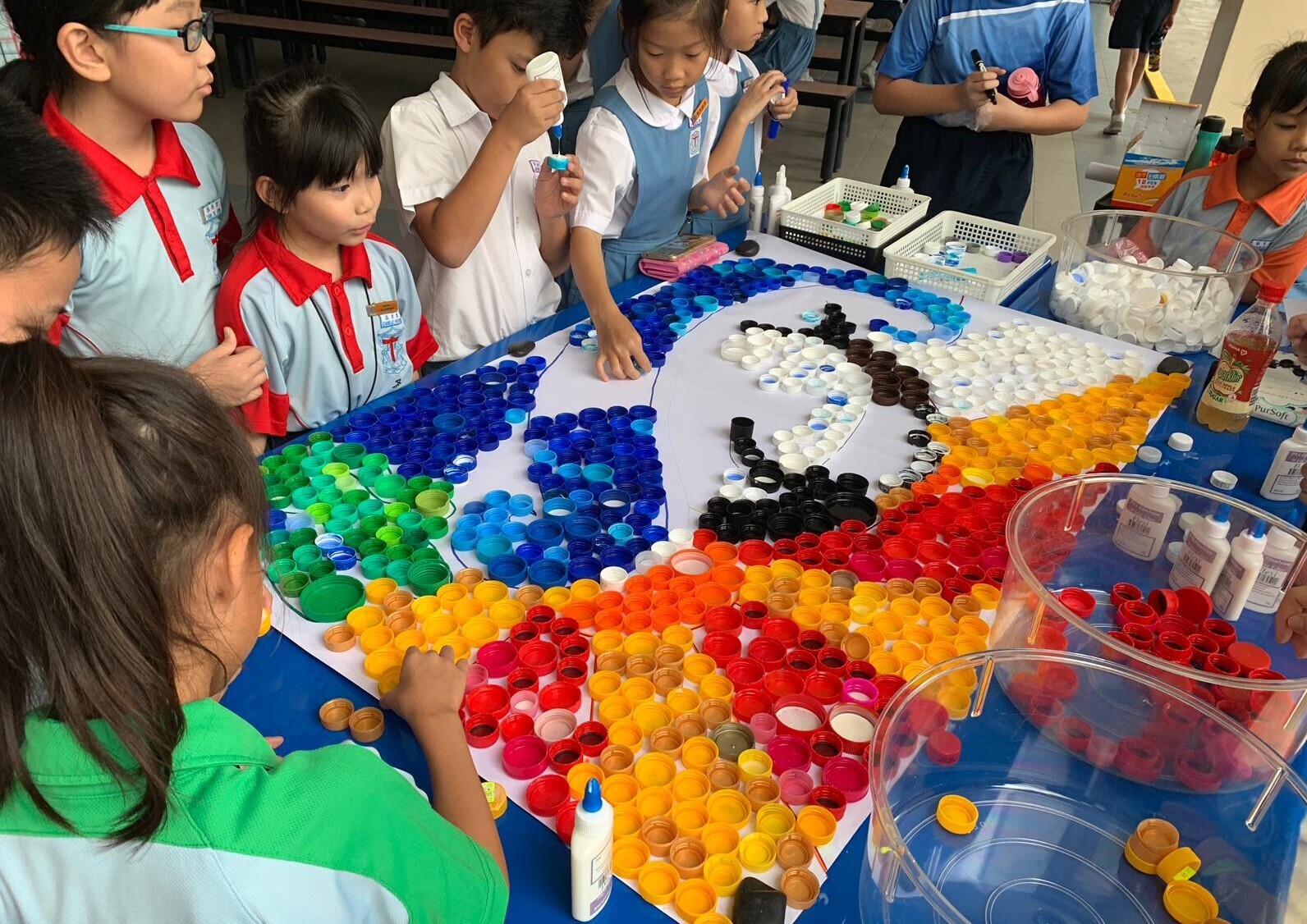科学部门 Science Department
科学部门
Science Department
Department Vision
To develop inquiry-based learners who are critical thinkers and with a love for the environment.
Department Mission
To nurture a joy of learning and stimulate curiosity in every pupil about science and the world around them.
Science Department
Strategies:
Inquiry-based learning (5E’s approach of IBL) supported by 4 key department strategies.
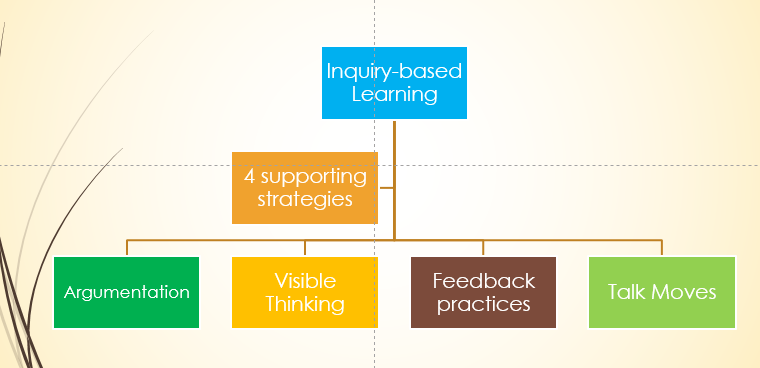
The learning approach at HIPS Science department aims to inculcate in students a sense of curiosity and wonderment about the things around them. We strive to fuel the innate curiosity in our students by relating scientific concepts to everyday real life phenomena, and develop their critical thinking skills by adopting and infusing a set of thinking routines into the curriculum as an approach to questioning about the world around them.
In line with HIPS strong belief in preparing students for the future and to advocate learning for life, Harvard Project Zero’s Visible Thinking Routines was adopted as a school-wide pedagogy to enable students to foster stronger understanding of scientific concepts while learning. Some examples of thinking routines include “Circle of Viewpoints”, “What Makes your Say That”, “See, Think, Wonder” and “Question Starts”.
To support our students to think logically and critically while framing their scientific explanations in a more coherent and convincing manner, the Claim-Evidence-Reasoning (CER) framework is used in Science teaching and learning.
Highlight of programme /activities:
- Investigative and hands-on explorations using science learning kits to develop process skills
- Sustainability Education
- E2K Science Programme by MOE GEB

Students actively participate in hands-on investigative activities to develop process skills and to observe scientific phenomenon. The use of Science learning kits and toys support the students’ learning of scientific concepts while igniting their curiosity and a joy of learning.
Hands-on investigative and explorative activities to develop students’ Science process skills and ignite curiosity.
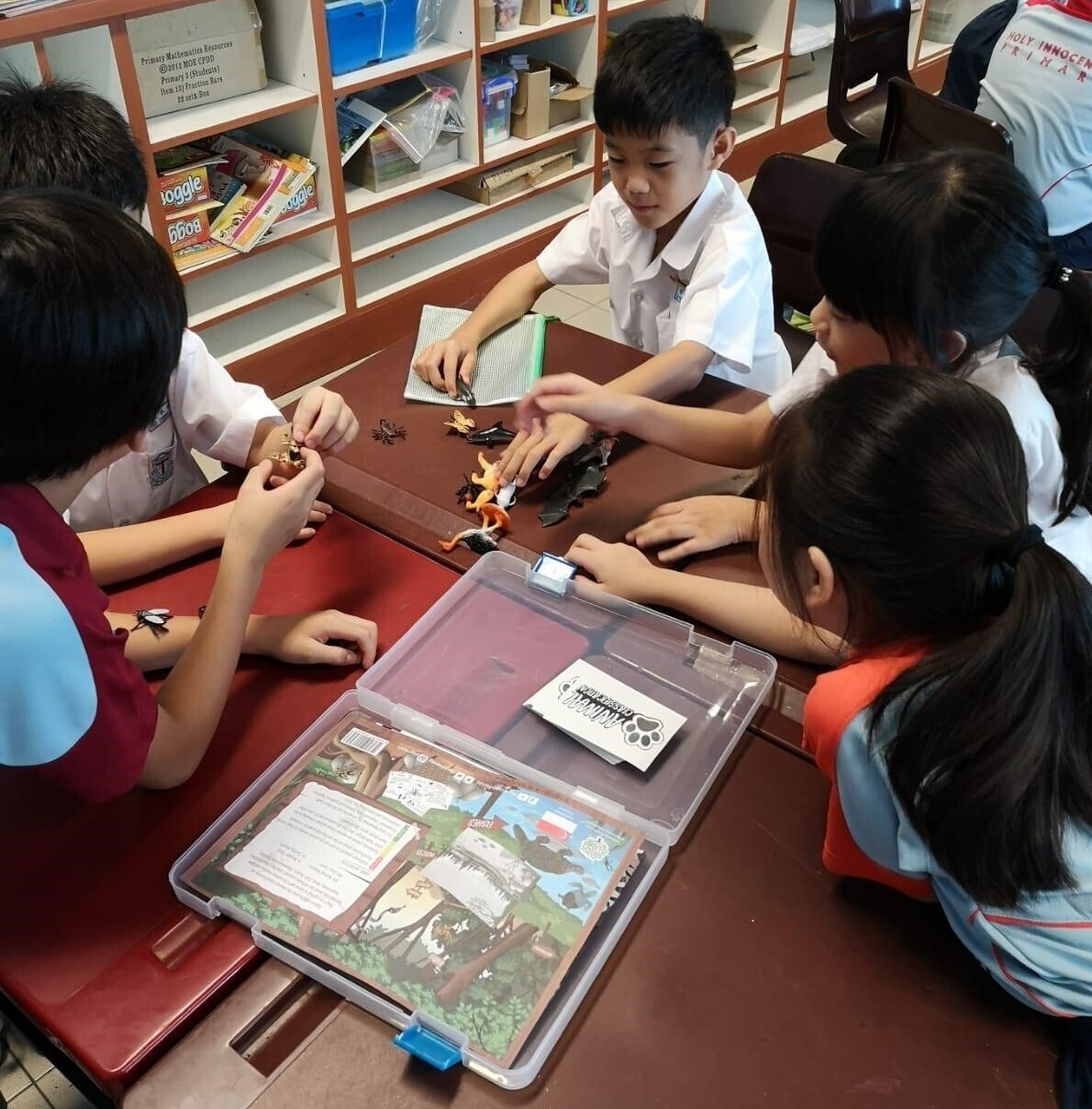
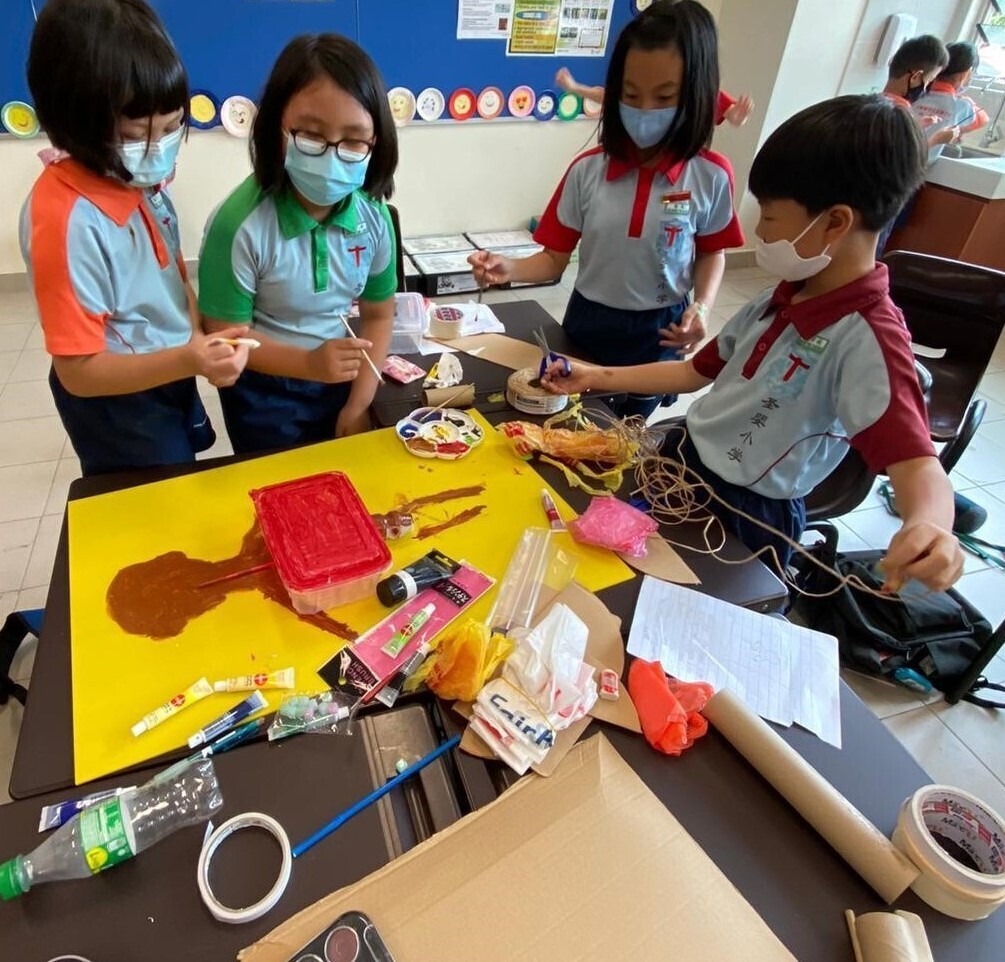
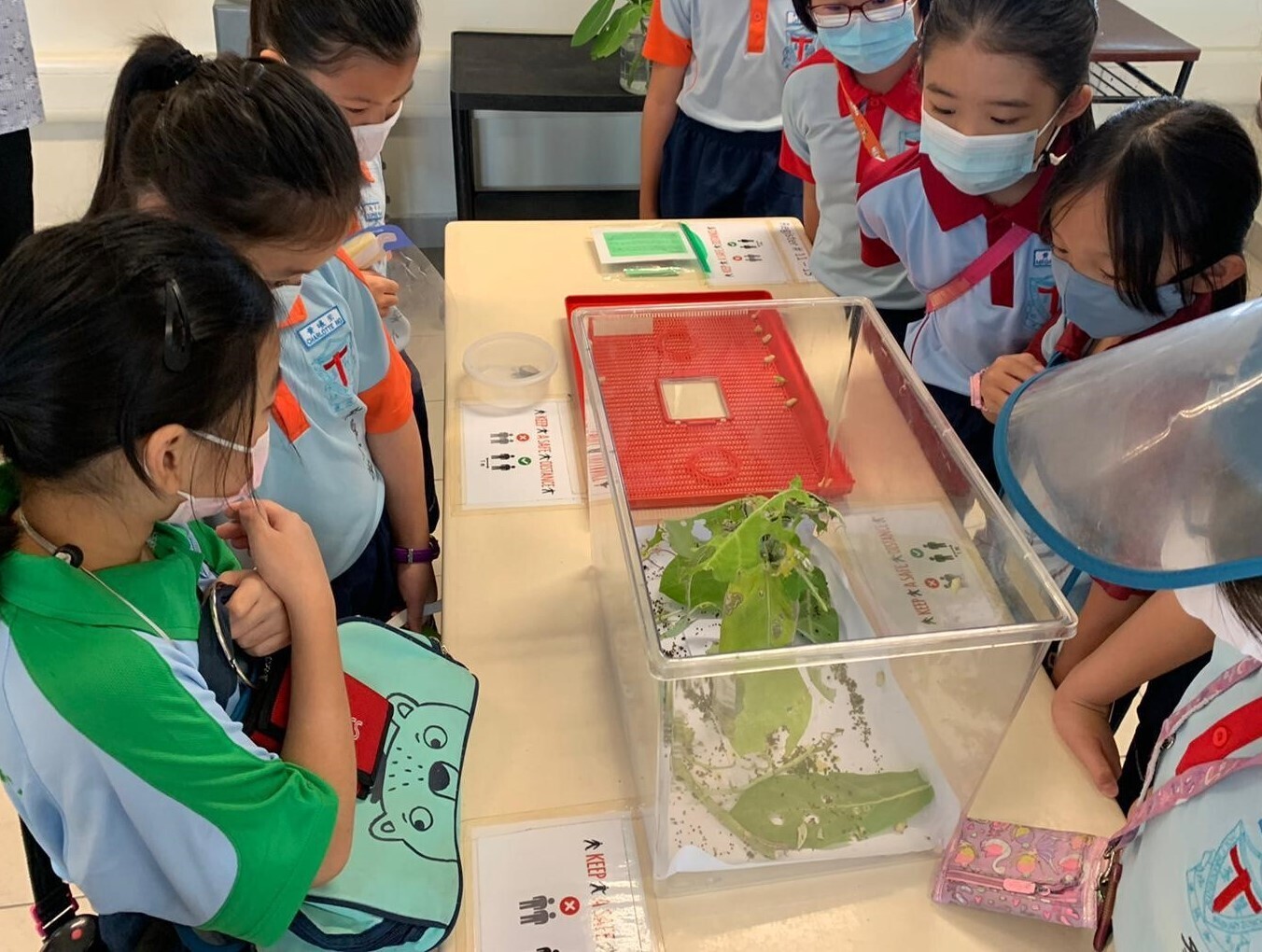
E2K Enrichment Programme
The E2K Science Programme organised by the Gifted Education Branch (GEB, MOE) offers opportunities for students to engage in scientific investigations to discover and deepen their understanding of advanced science concepts through an inquiry approach. The rich learning experiences offered by the programme serve to help students to:
- Gain important 21st century competencies such as critical thinking, invention thinking and effective communication skills.
- Develop the habits, attitudes and dispositions scientists possess.
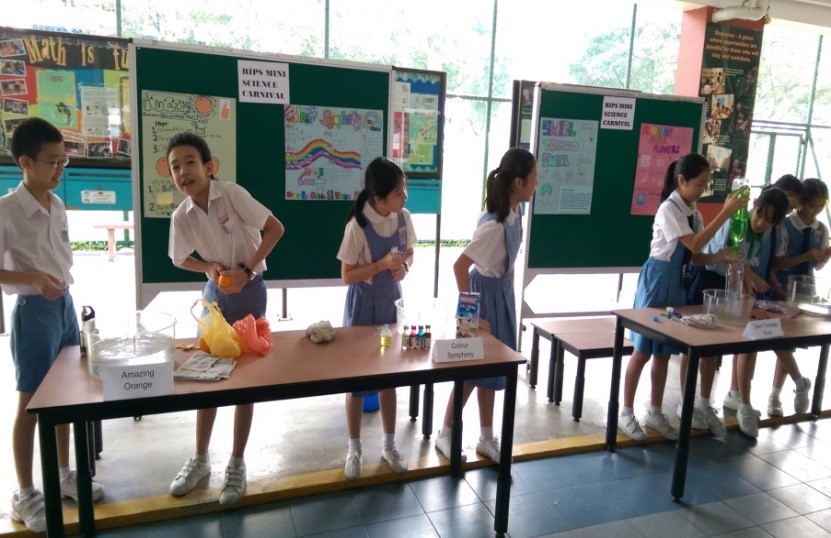 |
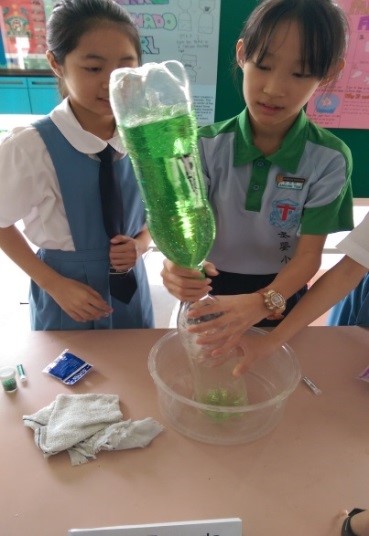 |
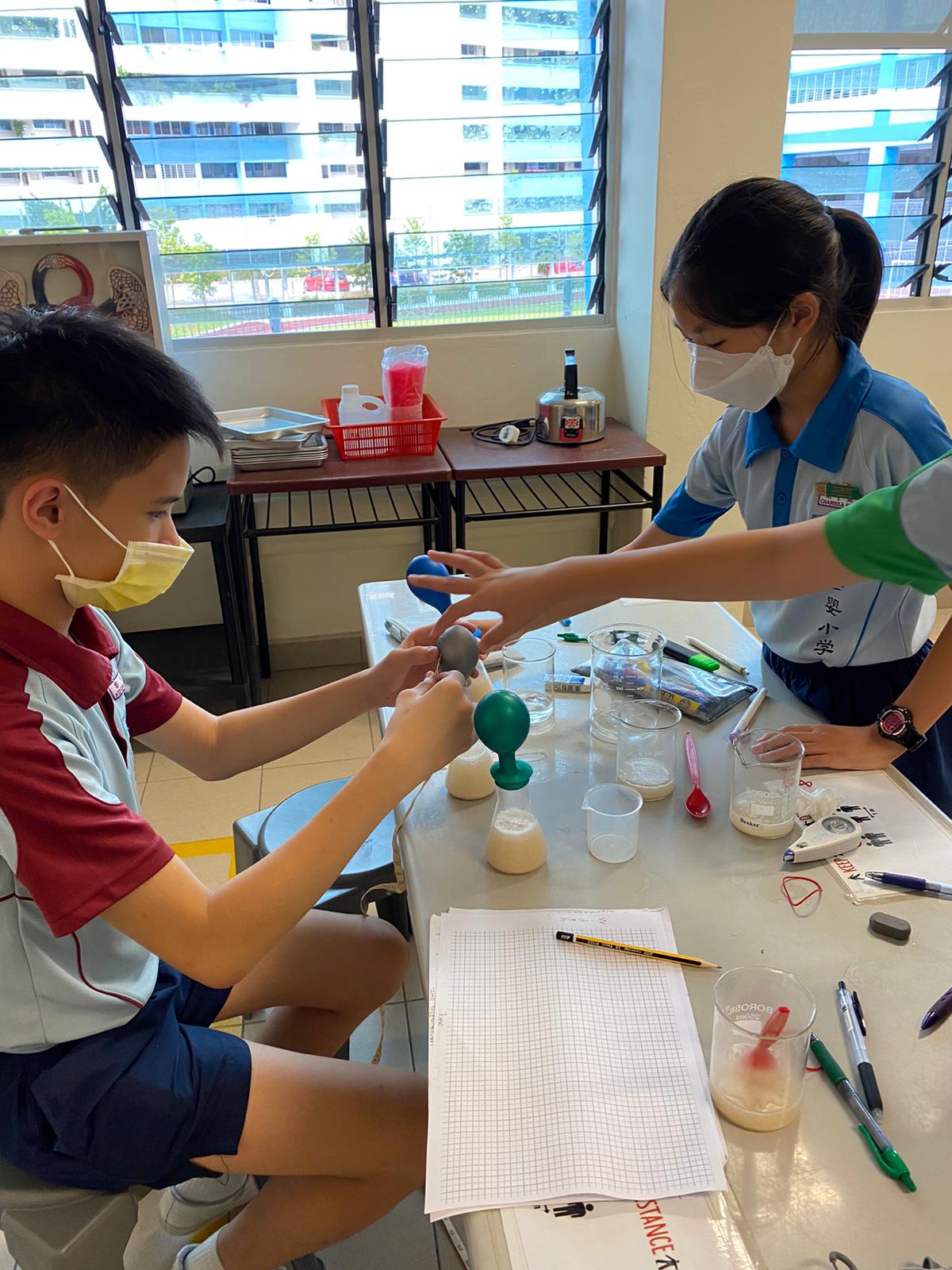
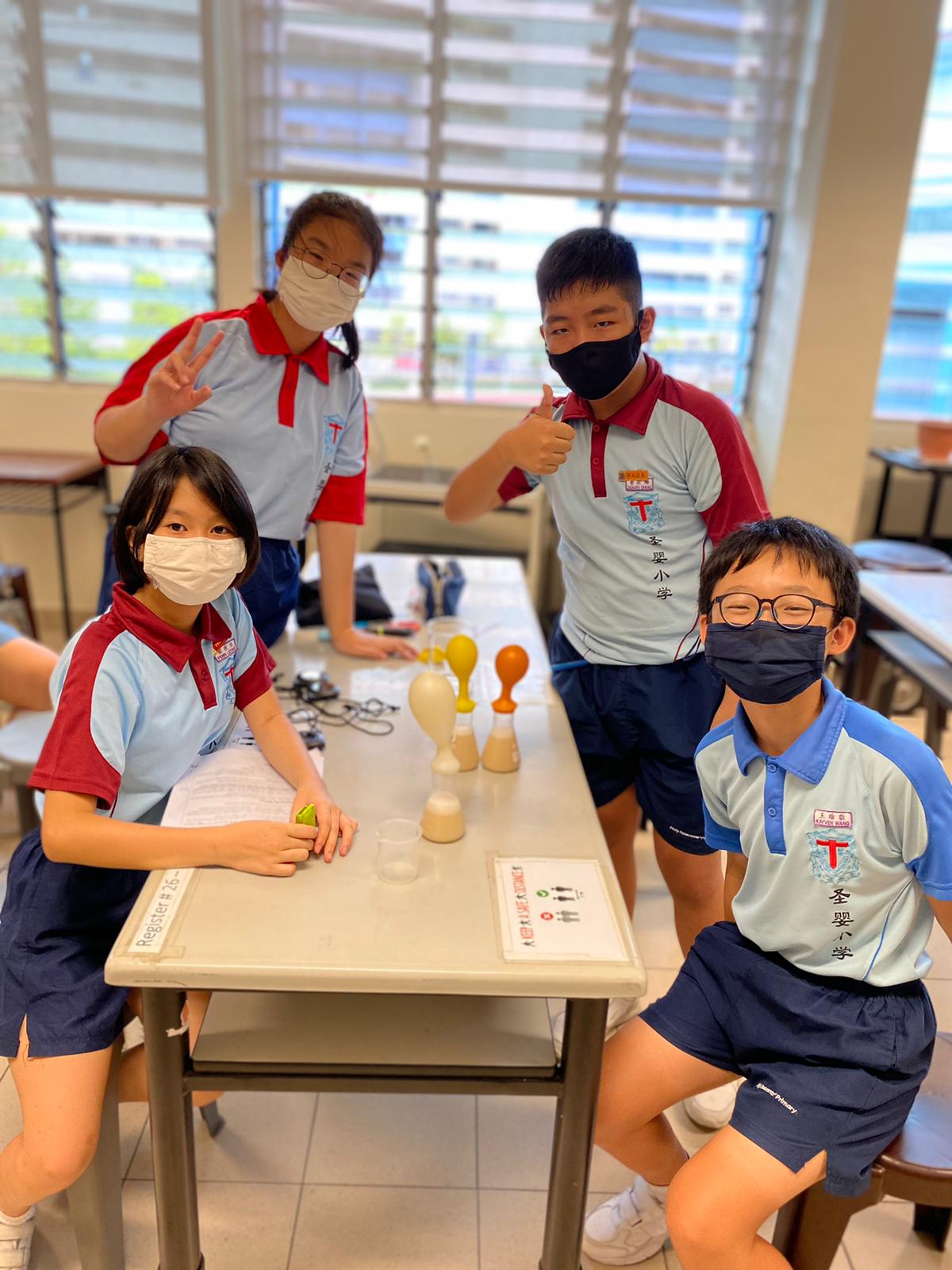
P3 Maths and Science Trail
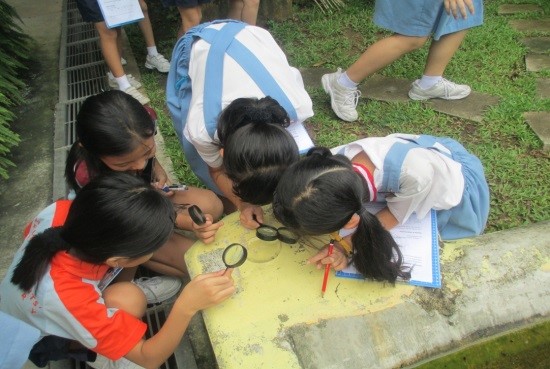 |
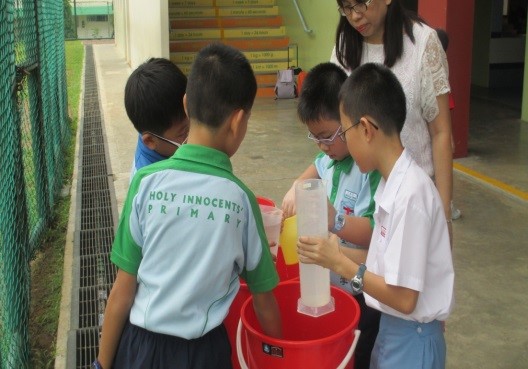 |
Sustainability Education
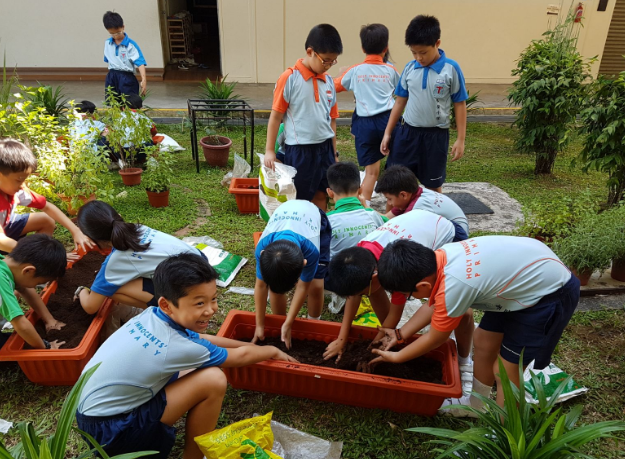
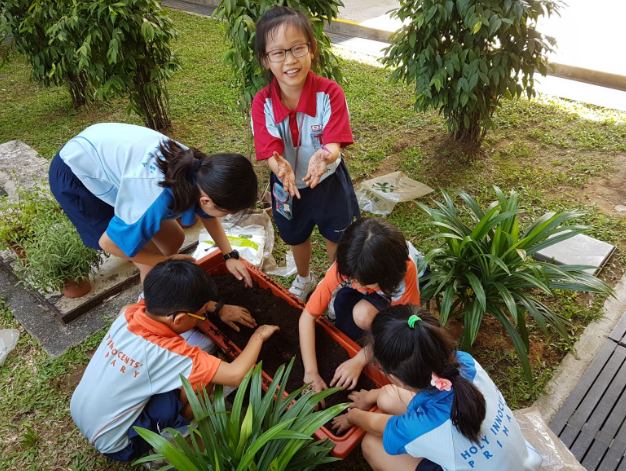
Students getting their hands dirty with compost and soil to plant edibles in the Science garden
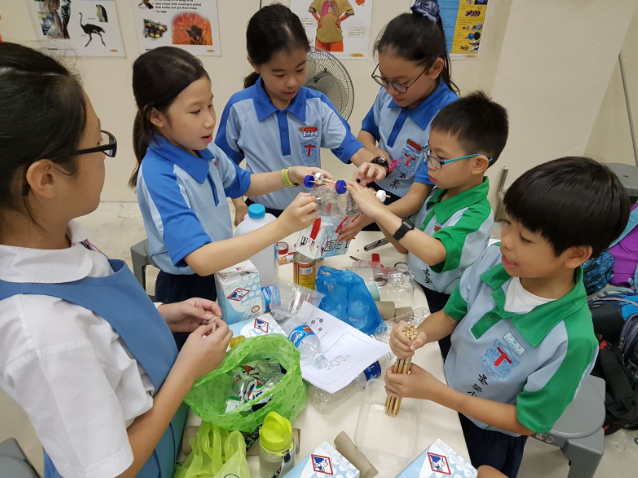
Students making use of collected recycled materials to design and make toy cars
Using hydroponics to support inquiy-based Primary Science teaching and learning
Hydroponics is a method of growing plants without the use of soil. At HIPS, hydroponics systems are set up with the possibilities for innovative scientific investigations and application across other disciplines. Nowadays, as our children are exposed to processed food in the supermarkets, one of the most important aspects that children need to deepen is food education. The objective of growing plants using hydroponics is to encourage students to have an appetite and love for learning and to instill in them a sense of responsibility in caring for the environment and how their actions can impact the environment.
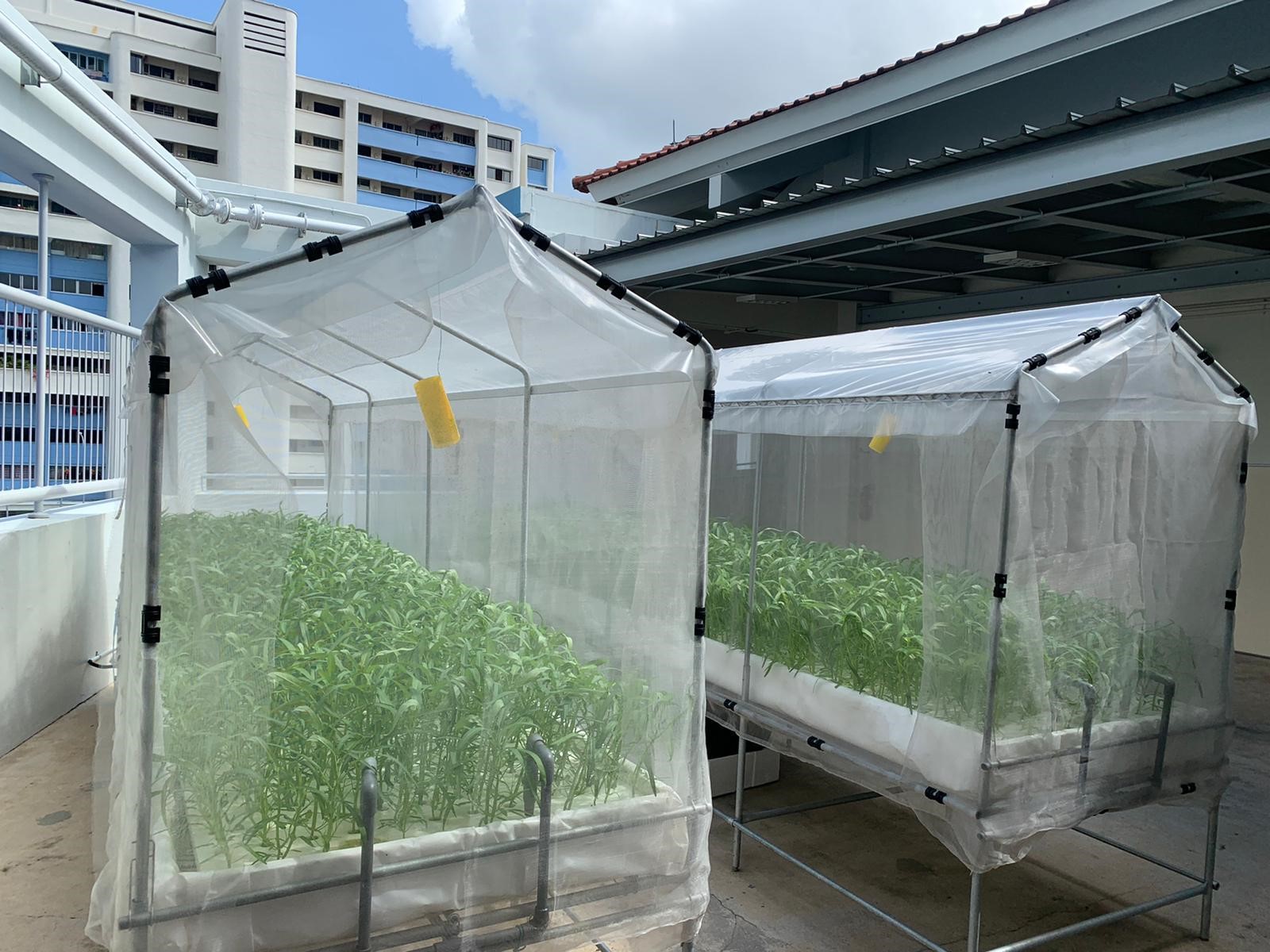
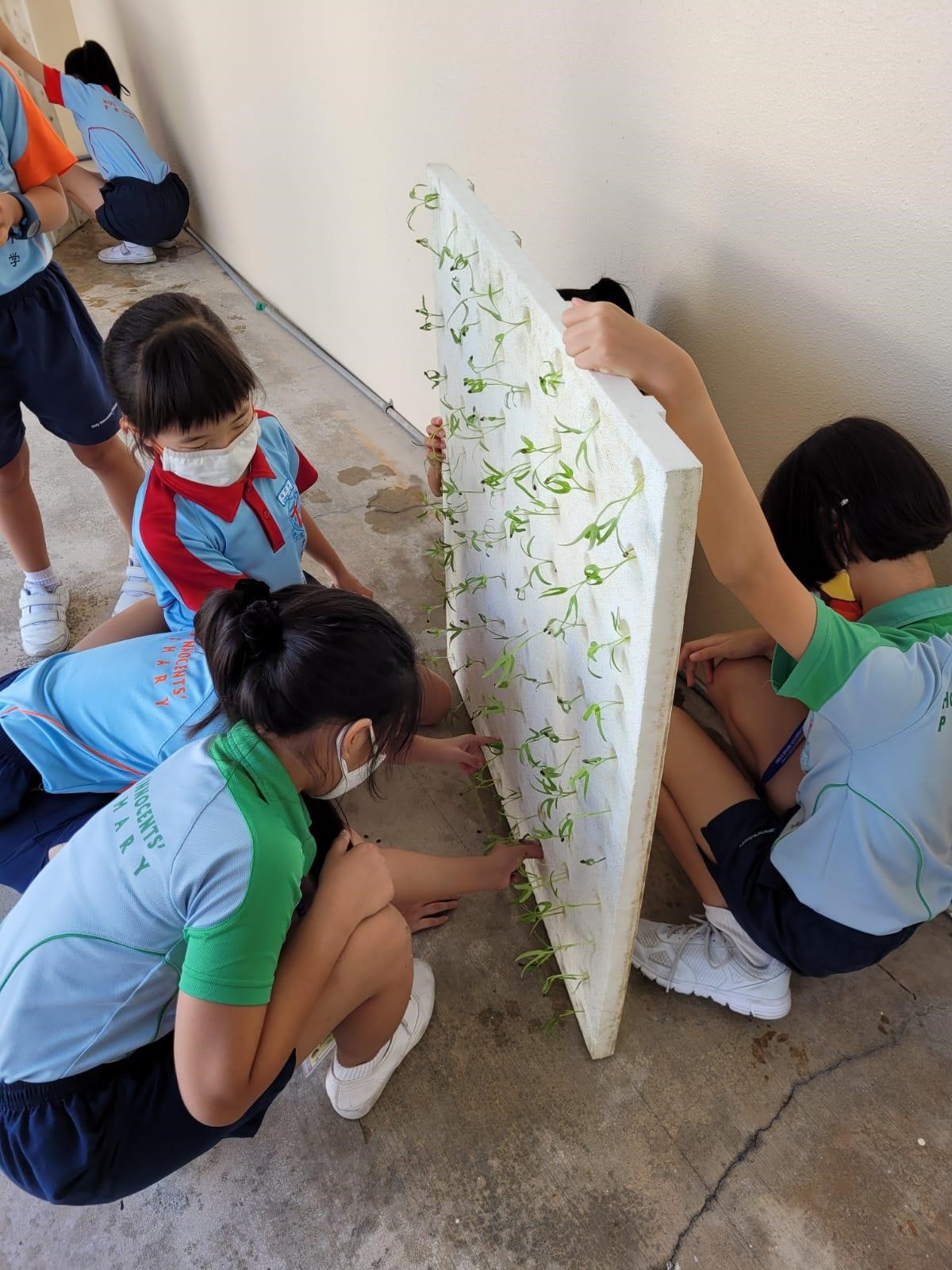
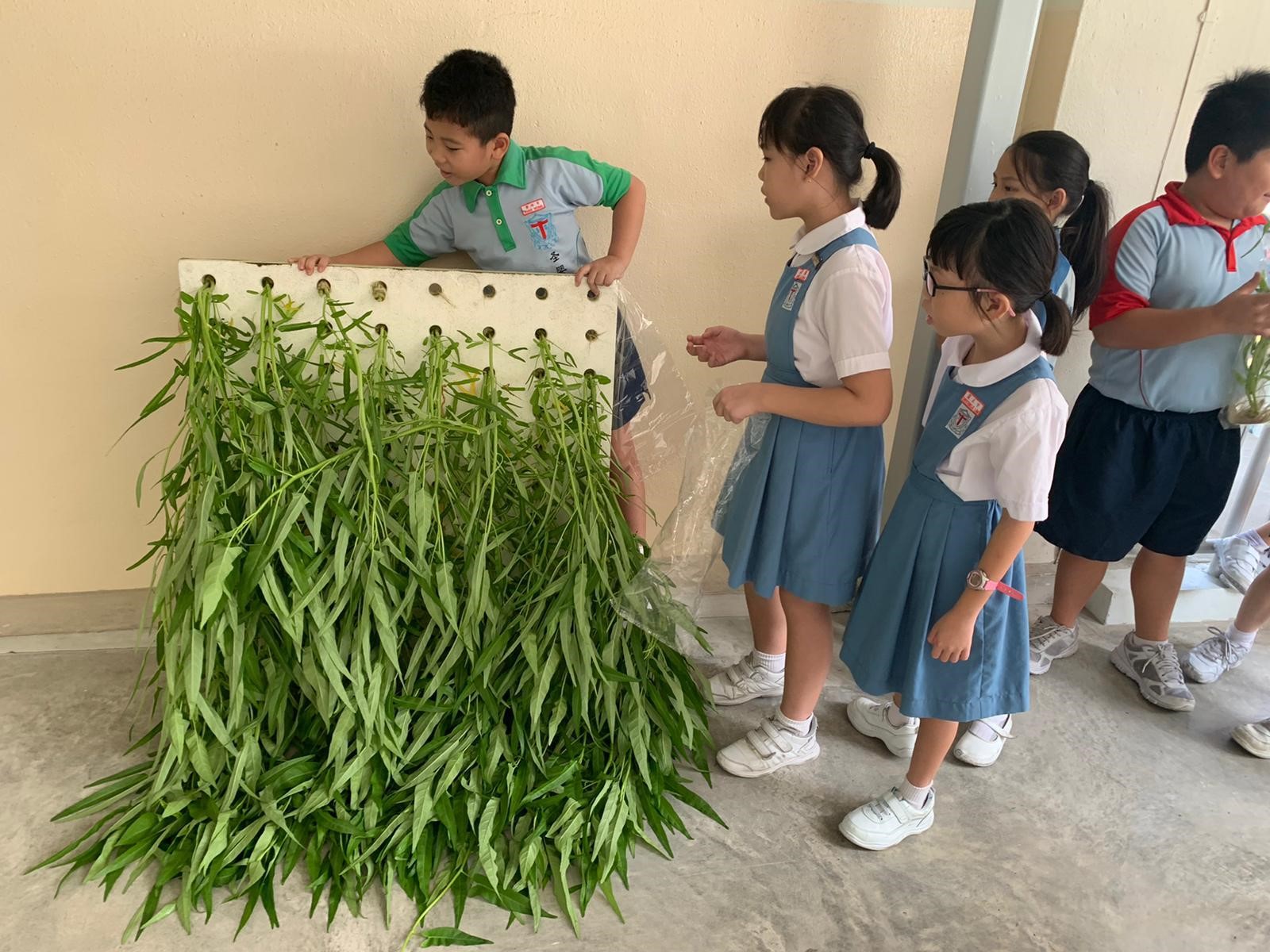
Assembly & Recess Evironmental Education Programmes
